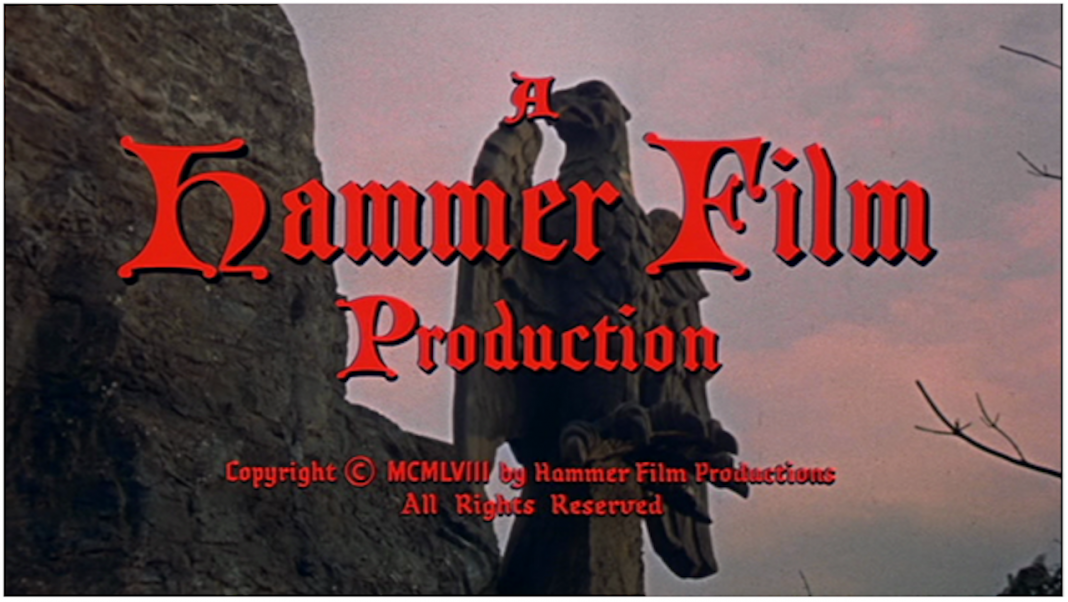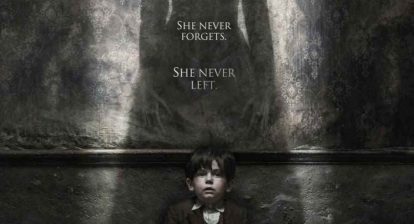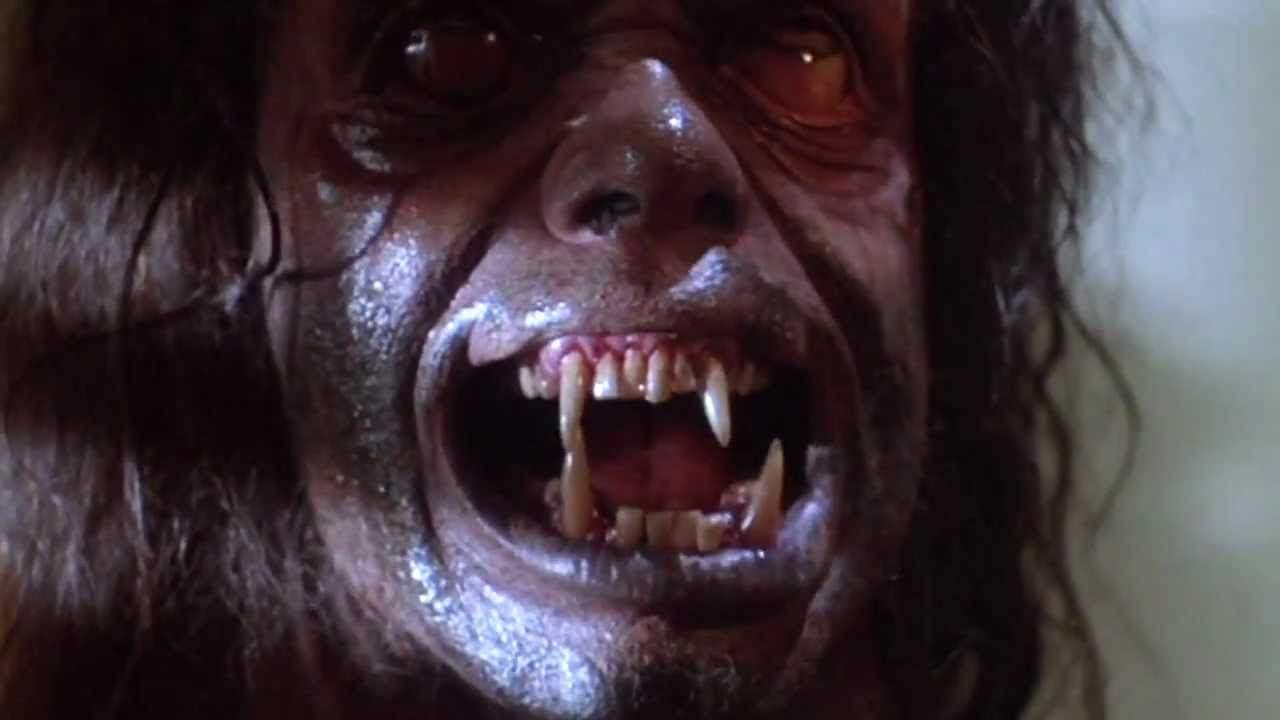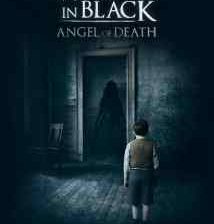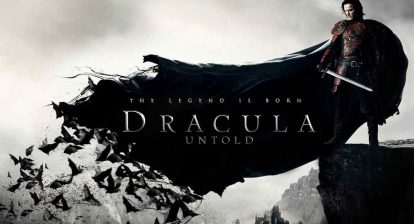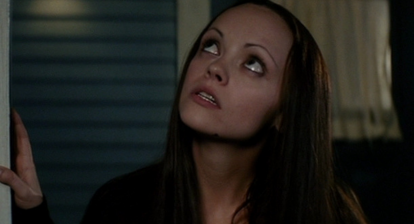After the Universal era of horror movies release through the ’30s and ’40s, the genre began to falter and was largely replaced by science fiction. It looked like horror was all but dead until Hammer Studios emerged in the late ’50s to update the classic monsters. Dracula, Frankenstein, the Wolf Man, and the Mummy all returned to cinemas with bold new updates–mostly because if they looked anything like the Universal monsters, Universal had the right to sue. This turned out to be for the best, as the new monsters proved to be wholly different interpretations and quickly became classics in their own right.
Did You Know? Wicked Horror TV Has Classic and Independent Horror Films Available to Stream for Free!
Now, Hammer is well-remembered as a powerhouse of horror. But there were a lot of movies made by the studio and some naturally fell by the wayside. So, with that in mind, here are five Hammer films that should be far more fondly remembered than they are.
Dracula: Prince of Darkness
The second sequel in Hammer’s Dracula series, following the immortal Horror of Dracula and the fantastic Brides of Dracula, shouldn’t have worked at all. It was the first sequel to bring back Christopher Lee, but he did it only out of contractual obligation and made no attempt to hide that fact that he hated the script. He hated it so much, in fact, that he refused to say a single line of his dialogue. So in the finished film, Dracula does not have a single spoken word. It’s a testament to Lee’s acting ability that it works as well as it does. The character is all presence, always in the background, lurking in the shadows. He’s spoken up by other characters and the vampires he creates because he can’t speak for himself. The Count simply shows up out of the darkness to pick people off one by one. In some ways, the film feels almost like a precursor to the slasher flick. With the lead vampire kept in the shadows, the picture relies almost entirely on atmosphere. The ending, tapping into the generally unused folklore that vampires cannot cross running water, is also inventive.
The Phantom of the Opera
Hammer’s Phantom of the Opera is not as widely remembered as the studio’s other interpretations of the classic monsters. But that is kind of a shame, as Phantom has a great cast led by Herbert Lom as the titular character. Lom was known, at the time, for playing very sinister characters, yet the Phantom (while he does some sinister things) is actually a very sympathetic character. In fact, this stands as one of the most sympathetic interpretations of the character in any film adaptation of the novel to date. He still has those self-serving qualities, but of all the backstories given to the Phantom, this might be the most justified. This time, he was simply a composer looking for his big break and thought he found it in Michael Gough’s appalling music producer, who promised to publish the work and then published it under his own name instead. The poor Phantom may be misguided in his revenge, but he’s easy to root for and Lom’s performance is entirely heartfelt.
The Vampire Lovers
The only reason The Vampire Lovers hasn’t become more recognized as a classic is because it came too late. It was a film made at the end of Hammer’s heyday, but it is nonetheless a great film. If it has been released a few years earlier, it would likely have gained a lot more popularity. The movie is based on J. Sheridan Le Fanu’s great vampire novel Carmilla, which predated Dracula by a couple of decades and was a strong influence on that work. It was also one of the earliest works of lesbian vampire fiction ever (or lesbian fiction in general) and is an important piece of literature in that regard. The film keeps both those sexual undertones (and overtones intact). Ingrid Pitt gives a great performance as the Carmilla character, seductive and chilling at the same time.

Curse of the Werewolf
Hammer’s werewolf picture isn’t nearly as remembered as their Dracula and Frankenstein films because this was a completely different werewolf film than Universal’s The Wolf Man in virtually every regard. This was a total change from the ground-up because the Wolf Man was a character created in-house at Universal, so Hammer’s movie had to be entirely different. And this proved to work out for the best. This movie has a Spanish setting, very different from the Gothic locations and misty forests of The Wolf Man. It also featured Oliver Reed as a tragic werewolf who was not bitten but instead was doomed to become a werewolf from birth. In some ways, that’s even more heartbreaking, because this is a simple destiny that he cannot escape, no matter how much he may want to. Reed completely commits to the character and makes those few scenes where we do see him in wolf form count for all they’re worth. The build-up and the tension that mount throughout the film pay off in that climax, which is as exciting as it is bittersweet.

Brides of Dracula
The first sequel to Hammer’s smash-hit Horror of Dracula gets a lot of flack from fans for the fact that Christopher Lee does not reprise his role as Dracula. And that’s unfortunate (and petty) because this is easily the most well-made of the Hammer Dracula sequels. Instead of focusing on Dracula, it focuses on Peter Cushing’s Van Helsing as he finds himself with a new vampire case to work, a young woman who has become the target of an evil vampiric Baron that she accidentally releases from the castle in which he is imprisoned. This Baron is a disciple of the Count’s and shares many of the same life goals, particularly spreading his curse throughout the maidens of Europe and creating as many creatures like himself as he can. It’s a dark, atmospheric movie and Peter Cushing’s performance is wonderful.

